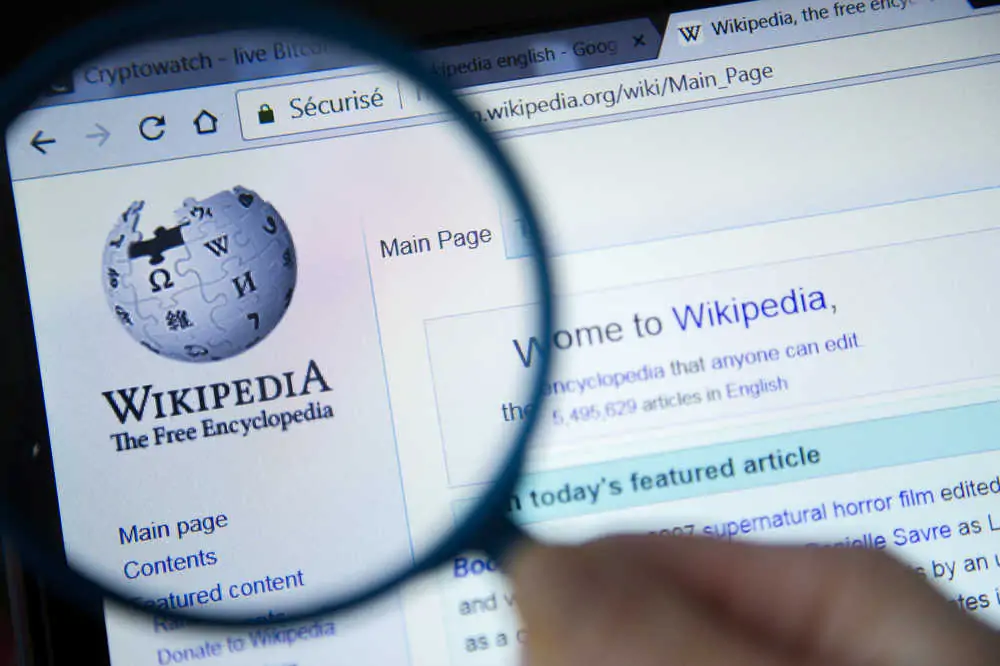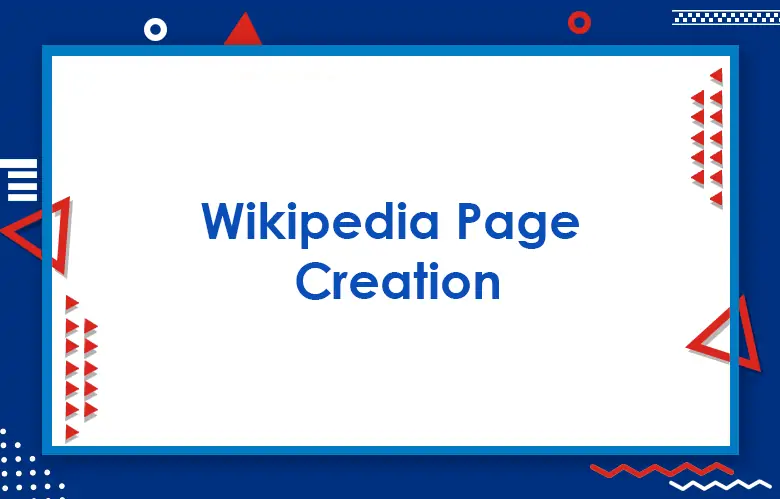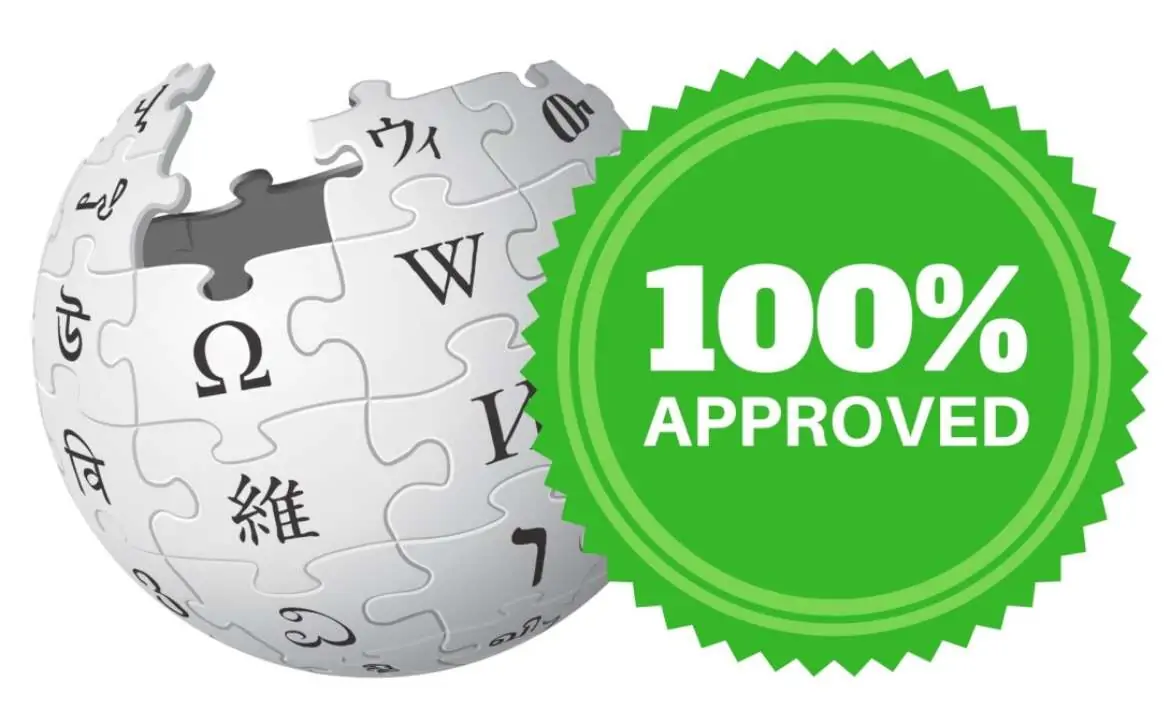Unraveling the Art of Wikipedia Page Creation
Wikipedia, the world’s largest online encyclopedia, stands as a testament to the power of collaborative knowledge-sharing. With millions of articles covering a vast array of topics, it has become an indispensable resource for information seekers worldwide. However, behind every Wikipedia page lies a process of creation shrouded in intricacy and nuance. This article embarks on a journey into the world of Wikipedia page creation, exploring the methods, challenges, and significance of contributing to this digital repository of knowledge.
The Significance of Wikipedia
Wikipedia’s impact on the digital landscape cannot be overstated. As Jimmy Wales, co-founder of Wikipedia, eloquently put it,
“Imagine a world in which every single person on the planet is given free access to the sum of all human knowledge. That’s what we’re doing.”
Indeed, Wikipedia has democratized access to information, empowering individuals from all walks of life to contribute their knowledge and expertise to a global audience.

The Process of Wikipedia Page Creation
Creating a Wikipedia page is not as straightforward as it may seem. It requires adherence to strict guidelines, meticulous research, and a thorough understanding of Wikipedia’s policies and principles. As Katherine Maher, former CEO of the Wikimedia Foundation, noted,
“Wikipedia’s guidelines are based on a core set of principles: verifiability, neutrality, and a commitment to the free flow of information.”
The first step in creating a Wikipedia page is conducting extensive research to ensure the topic meets Wikipedia’s notability criteria. This involves gathering reliable sources and references to support the content of the page. Once the research is complete, the page must be written in a neutral tone, avoiding bias or promotional language.
Challenges and Considerations
Despite its open nature, Wikipedia has stringent guidelines in place to maintain the quality and reliability of its content. This poses several challenges for aspiring Wikipedia page creators, including the risk of having their contributions rejected or flagged for deletion. As Maher aptly observed,
“Wikipedia is a community-driven project, and consensus plays a crucial role in determining the fate of articles.”
Furthermore, Wikipedia’s community of editors is vigilant in enforcing its policies, which can lead to disputes over content and formatting. Navigating these challenges requires patience, diplomacy, and a willingness to collaborate with other editors to reach a consensus.

The Impact of Wikipedia Page Creation
While creating a Wikipedia page may be daunting, the impact of contributing to this global knowledge repository is immeasurable. As Wales stated,
“Wikipedia is more than just a website. It’s a living, breathing testament to the power of human collaboration and the potential of the internet to democratize knowledge.”
By sharing their expertise and insights on Wikipedia, individuals have the opportunity to shape the collective understanding of countless topics and leave a lasting legacy for future generations.
Empowering Knowledge Sharing
Wikipedia page creation is a complex and rewarding endeavor that embodies the spirit of collaborative knowledge-sharing. By adhering to Wikipedia’s guidelines, overcoming challenges, and embracing the opportunity to contribute to this digital encyclopedia, individuals can play a vital role in shaping the information landscape of the 21st century. As Maher succinctly summarized,
“Wikipedia is more than just a website—it’s a testament to the power of human collaboration and the potential of the internet to democratize knowledge.”
The intricacies of knowledge curation on the digital frontier reveal a journey teeming with challenges and opportunities alike. Navigating the labyrinthine landscape of collaborative content creation, it becomes evident that each contribution, no matter how small, contributes to the vast tapestry of human knowledge. By upholding principles of verifiability, neutrality, and commitment to the free flow of information, individuals can leave an indelible mark on the digital sphere, shaping the collective understanding of diverse topics for generations to come. Through the lens of collaborative knowledge-sharing, the transformative power of human collaboration, and the boundless potential of the internet to democratize access to information, fostering a more informed and interconnected global community.


